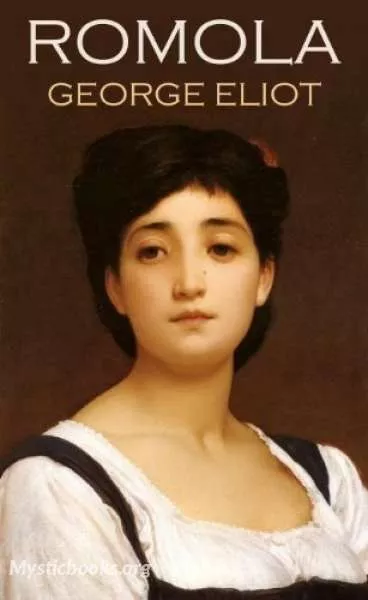
Romola
by George Eliot
'Romola' Summary
Florence, 1492: Christopher Columbus has sailed towards the New World, and Florence has just mourned the death of its leader, Lorenzo de' Medici. In this setting, a Florentine trader meets a shipwrecked stranger, who introduces himself as Tito Melema, a young Italianate-Greek scholar. Tito becomes acquainted with several other Florentines, including Nello the barber and a young girl named Tessa. He is also introduced to a blind scholar named Bardo de' Bardi, and his daughter Romola. As Tito becomes settled in Florence, assisting Bardo with classical studies, he falls in love with Romola. However, Tessa falls in love with Tito, and the two are "married" in a mock ceremony.
Tito learns from Fra Luca, a Dominican friar, that his adoptive father has been forced into slavery and is asking for assistance. Tito introspects, comparing filial duty to his new ambitions in Florence, and decides that it would be futile to attempt to rescue his adoptive father. This paves the way for Romola and Tito to marry. Fra Luca shortly thereafter falls ill and before his death he speaks to his estranged sister, Romola. Ignorant of Romola's plans, Fra Luca warns her of a vision foretelling a marriage between her and a mysterious stranger who will bring pain to her and her father. After Fra Luca's death, Tito dismisses the warning and advises Romola to trust him. Tito and Romola become betrothed at the end of Carnival, to be married at Easter after Tito returns from a visit to Rome.
The novel then skips ahead to November 1494, more than eighteen months after the marriage. In that time, the French-Italian Wars have seen Florence enter uneasy times. Girolamo Savonarola preaches to Florentines about ridding the Church and the city of scourge and corruption, and drums up support for the new republican government. Piero de' Medici, Lorenzo de' Medici's son and successor to the lordship of Florence, has been driven from the city for his ignominious surrender to the invading French king, Charles VIII. The Medici palace is looted and the Medici family formally exiled from the city. In this setting, Tito, now a valued member of Florentine society, participates in the reception for the French invaders. Tito encounters an escaped prisoner, who turns out to be his adopted father, Baldassarre. Panicked and somewhat ashamed of his earlier inaction, Tito denies knowing the escaped prisoner and calls him a madman. Baldassarre escapes into the Duomo, where he swears revenge on his unfilial adoptive son. Growing ever more fearful, Tito plans to leave Florence. To do this, he betrays his late father-in-law, Bardo, who died some months earlier, by selling the late scholar's library. This reveals to Romola the true nature of her husband's character. She secretly leaves Tito and Florence, but is persuaded by Savonarola to return to fulfil her obligations to her marriage and her fellow Florentines. Nevertheless, the love between Romola and Tito has gone.
Again the action of the novel moves forward, from Christmas 1494 to October 1496. In that time, Florence has endured political upheaval, warfare and famine. Religious fervour has swept through Florence under the leadership of Savonarola, culminating in the Bonfire of the vanities. The League of Venice has declared war on the French king and his Italian ally, Florence. Starvation and disease run rampant through the city. Romola, now a supporter of Savonarola, helps the poor and sick where she can. Meanwhile, Tito is embroiled in a complex game of political manoeuvring and duplicitous allegiances in the new Florentine government. Mirroring this, he has escaped attempts by Baldassarre to both kill and expose him, and maintains a secret marriage to Tessa, with whom he has fathered two children. Romola becomes defiant of Tito, and the two manoeuvre to thwart each other's plans. Romola meets an enfeebled Baldassarre, who reveals Tito's past and leads her to Tessa.
Political turmoil erupts in Florence. Five supporters of the Medici family are sentenced to death, including Romola's godfather, Bernardo del Nero. She learns that Tito has played a role in their arrest. Romola pleads with Savonarola to intervene, but he refuses. Romola's faith in Savonarola and Florence is shaken, and once again she leaves the city. Meanwhile, Florence is under papal pressure to expel Savonarola. His arrest is effected by rioters, who then turn their attention to several of the city's political elite. Tito becomes a target of the rioters, but he escapes the mob by diving into the Arno River. However, upon leaving the river, Tito is killed by Baldassarre.
Romola makes her way to the coast. Emulating Gostanza in Boccaccio's Decameron (V, 2), she drifts out to sea in a small boat to die. However, the boat takes her to a small village affected by the Plague, and she helps the survivors. Romola's experience gives her a new purpose in life and she returns to Florence. Savonarola is tried for heresy and burned at the stake, but for Romola his influence remains inspiring. Romola takes care of Tessa and her two children, with the help of her older cousin. The story ends with Romola imparting advice to Tessa's son, based on her own experiences and the influences in her life.
Book Details
Language
EnglishOriginal Language
EnglishPublished In
1862Authors
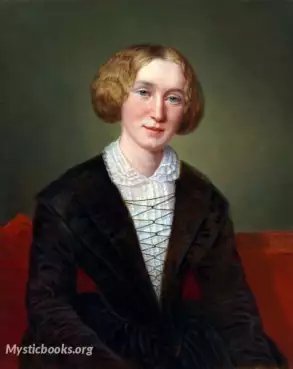
George Eliot
England
Mary Ann Evans known by her pen name George Eliot, was an English novelist, poet, journalist, translator and one of the leading writers of the Victorian era. Like Charles Dickens and Thomas Hardy, she...
Books by George EliotDownload eBooks
Listen/Download Audiobook
- Select Speed
Related books
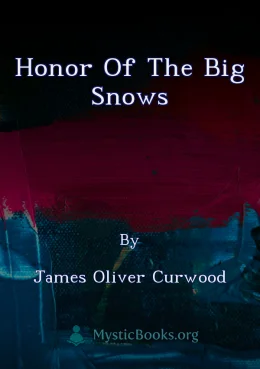
Honor of the Big Snows by James Oliver Curwood
Set in the stark beauty of the Canadian wilderness, "Honor of the Big Snows" tells the story of Jan Thoreau, a young musician whose arrival in a remot...

Benefit of the Doubt by Arthur Wing Pinero
Benefit of the Doubt, set in Victorian London, explores the societal pressures and intricate dynamics within a family embroiled in a divorce scandal....
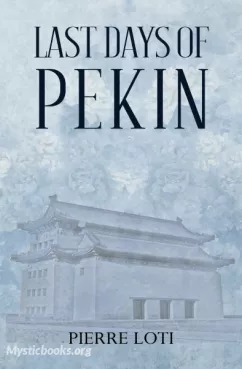
The Last Days of Pekin by Pierre Loti
This timeless literary masterpiece takes readers on an enchanting adventure through the heart of Imperial China. Loti's vivid storytelling and evocati...
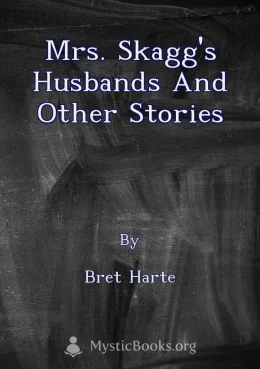
Mrs. Skagg's Husbands and Other Stories by Bret Harte
Mrs. Skagg's Husbands and Other Stories is a collection of short stories by Bret Harte, first published in 1873. The stories are set in the American W...
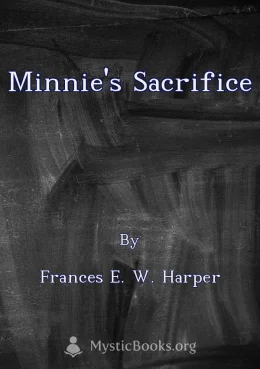
Minnie's Sacrifice by Frances E. W. Harper
Minnie's Sacrifice is a poignant novel that explores the complexities of identity, race, and love in 19th-century America. Minnie, a young woman rais...
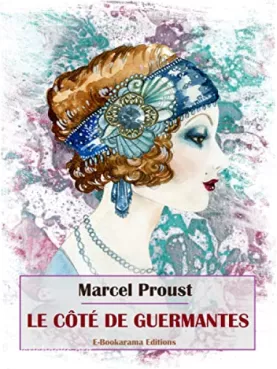
The Guermantes Way (Le Côté de Guermantes) by Marcel Proust
Marcel is a young man who is fascinated by the Guermantes family, one of the most prestigious families in Parisian high society. He dreams of being ac...
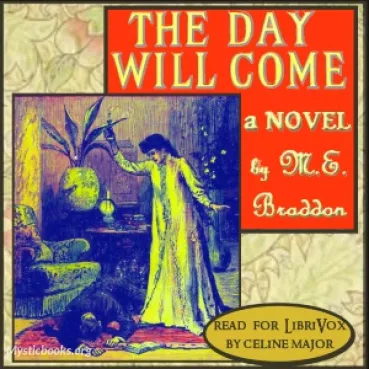
The Day Will Come by Mary Elizabeth Braddon
In the heart of Victorian England, where social conventions and hidden desires intertwine, Mary Elizabeth Braddon's captivating novel, "The Day Will C...
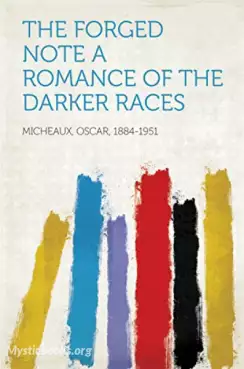
The Forged Note: A Romance of the Darker Races by Oscar Micheaux
It tells a captivating story about the complex issues of race and class in early 20th-century America. Published in 1935, "The Forged Note" centers a...
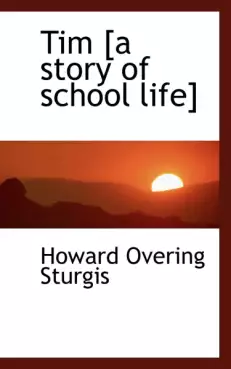
Tim: A Story Of School Life by Howard Overing Sturgis
It is inevitable that some modern gays have claimed Tim as a gay novel, sadly so as it is quite unjustified. True, it is dedicated to a love passing t...

Don Juan Tenorio by José Zorrilla y Moral
Don Juan Tenorio, la obra maestra de José Zorrilla, es una tragedia romántica que explora los temas universales del amor, la muerte, la redención y la...
Reviews for Romola
No reviews posted or approved, yet...